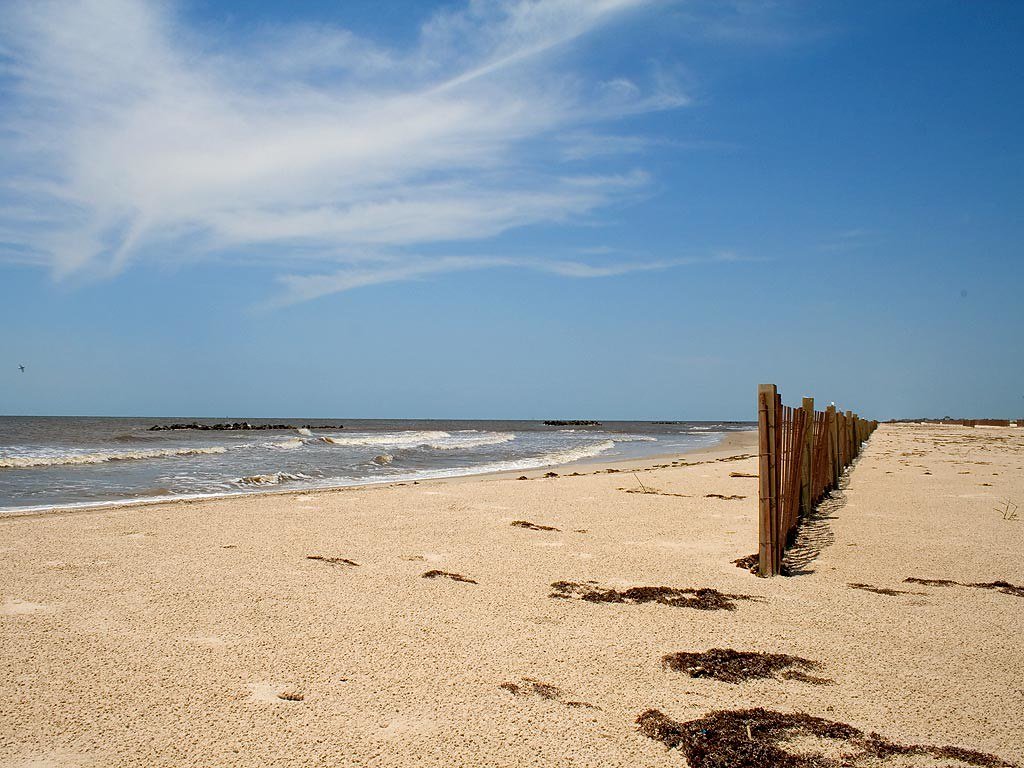In the vast expanse of the ocean, an unexpected hero in the battle against climate change exists: whale poop. These gentle giants, known for their majestic presence and haunting songs, play a vital and often underestimated role in maintaining the health of our planet. But how exactly does whale poop contribute to fighting climate change? The answer lies in the intricate balance of the marine ecosystem and the surprising ways in which these colossal creatures influence it.
The Nutrient-Rich Gift of Whale Poop
Whale poop, often referred to as “whale pump,” is a nutrient-rich gift to the ocean. When whales release their waste, it contains a high concentration of iron and nitrogen, essential nutrients that stimulate the growth of phytoplankton. Phytoplankton, the tiny plant-like organisms that float near the ocean’s surface, are crucial to the marine food web. They are the primary producers, much like grass in a meadow, setting the stage for all other life forms in the ocean.
Phytoplankton: The Ocean’s Lungs
Phytoplankton are often called the “lungs of the ocean” because they perform photosynthesis, absorbing carbon dioxide and releasing oxygen. In fact, these microscopic plants are responsible for producing at least 50% of the oxygen we breathe. When whales defecate, the nutrients in their poop act like a fertilizer, boosting phytoplankton growth. This process not only enhances oxygen production but also increases the ocean’s capacity to absorb carbon dioxide, a major greenhouse gas.
Carbon Sequestration: More Than Just a Drop in the Ocean
The carbon absorbed by phytoplankton doesn’t just vanish. When phytoplankton die or are consumed by other marine organisms, the carbon they contain can sink to the ocean floor, trapping it in sediments for centuries. This process, known as carbon sequestration, is vital in reducing atmospheric carbon dioxide levels. By enriching the ocean with nutrients, whale poop indirectly facilitates this natural carbon storage.
The Whale Pump: A Cycle of Life
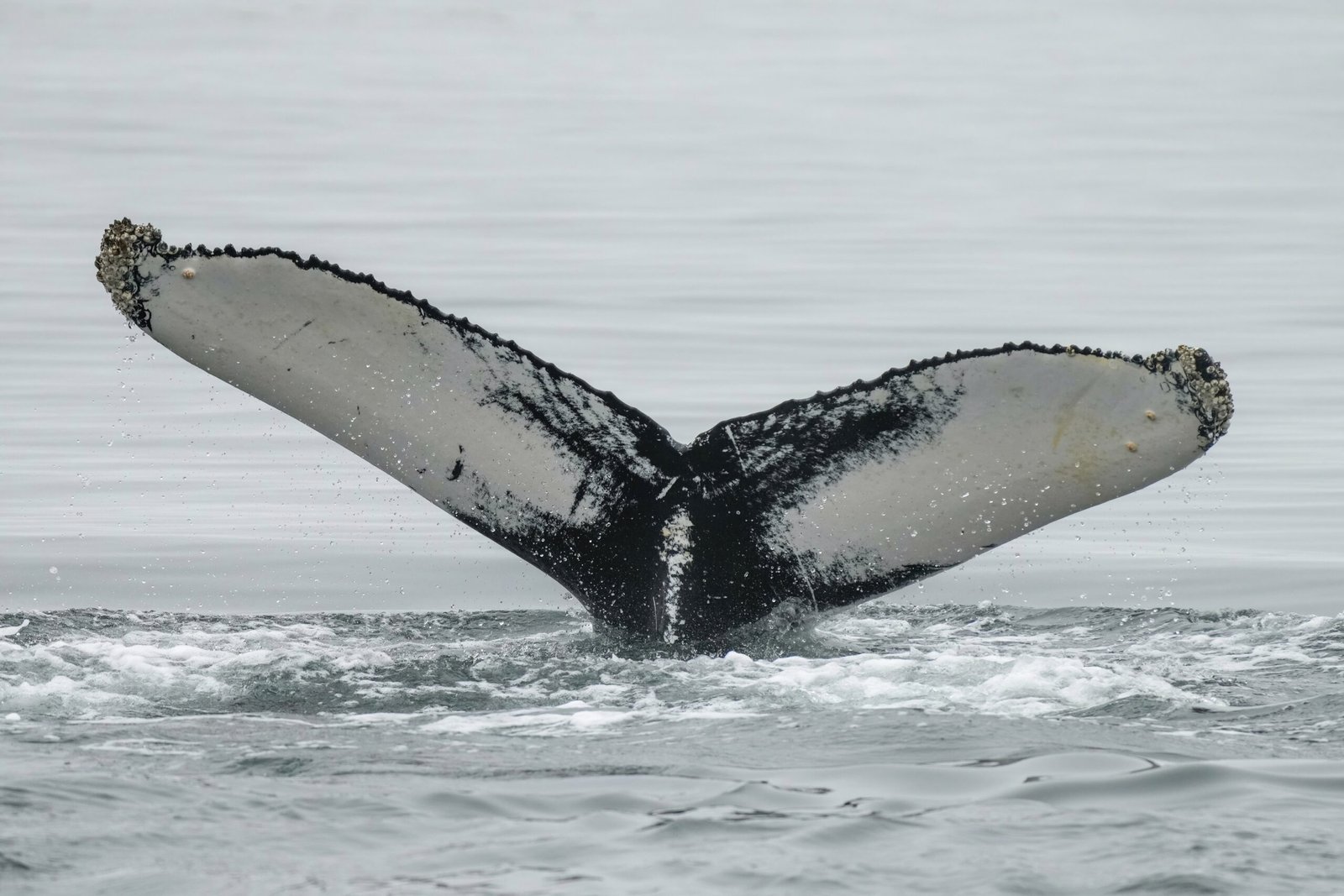
Whales are migratory creatures, traveling vast distances across the globe. Their movements contribute to a phenomenon known as the “whale pump.” As they dive deep for food and return to the surface to breathe and defecate, they transfer nutrients from the ocean’s depths to its surface. This vertical mixing distributes nutrients throughout the water column, making them accessible to a wide range of marine life. It’s a natural recycling process that sustains ocean productivity.
A Boost for Marine Biodiversity
The effects of whale poop extend beyond phytoplankton growth. By supporting the base of the marine food web, whales indirectly bolster the entire ocean ecosystem. Healthy phytoplankton populations support a diverse range of marine species, from tiny zooplankton to large fish and marine mammals. This biodiversity is critical for a resilient and stable ocean environment, capable of withstanding the pressures of climate change.
Whale Conservation: A Climate Solution
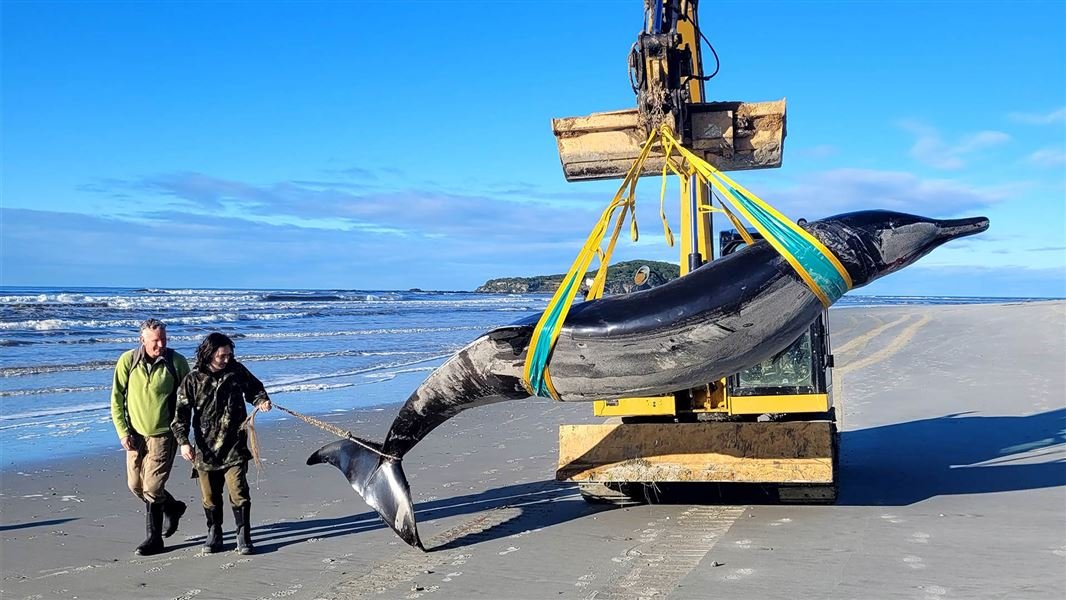
Protecting whale populations is more than an act of conservation; it’s a climate solution. As whale numbers increase, so does their contribution to nutrient cycling and carbon sequestration. Efforts to curb whaling, reduce ship strikes, and protect critical habitats are essential not only for the survival of these magnificent creatures but also for the health of our planet. Whales are a keystone species, playing a pivotal role in maintaining the balance of marine ecosystems.
Human Impact on Whale Populations
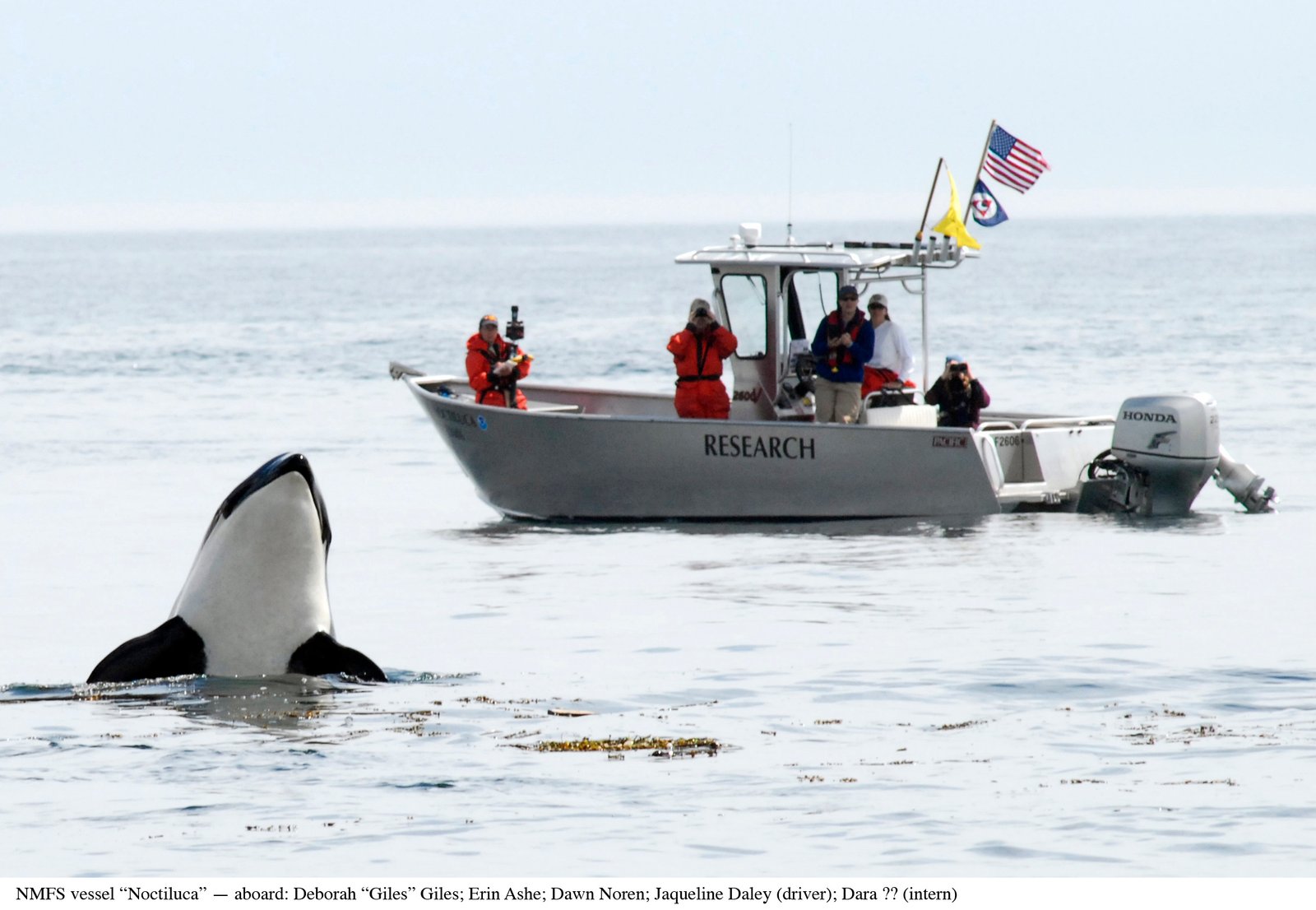
Unfortunately, human activities have significantly impacted whale populations. Commercial whaling, bycatch, pollution, and climate change have led to declines in many whale species. These threats not only endanger the whales themselves but also disrupt the critical ecological processes they support. Addressing these challenges is essential for preserving the natural mechanisms that help mitigate climate change.
The Economic Value of Whales
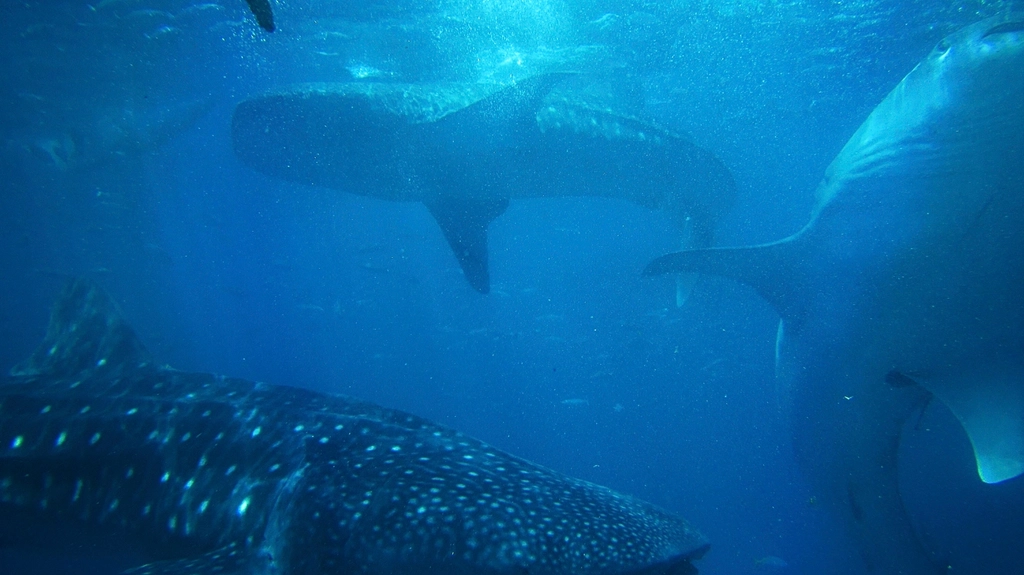
Beyond their ecological importance, whales have economic value. Whale watching is a thriving industry, generating billions of dollars each year and supporting coastal communities. By safeguarding whales, we not only protect biodiversity but also sustain economic livelihoods. Investing in whale conservation can yield substantial returns, both environmentally and economically.
Innovative Research and Future Directions
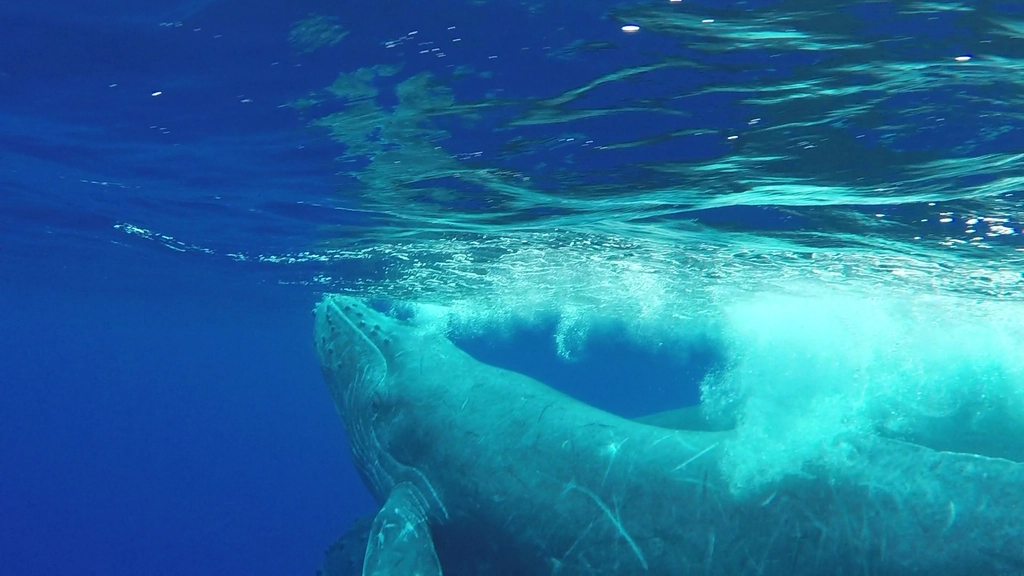
Scientists are continually uncovering new insights into the role of whales in the ecosystem. Innovative research methods, such as satellite tracking and genetic studies, are providing a deeper understanding of whale behavior and migration patterns. This knowledge is crucial for developing effective conservation strategies and ensuring that whales continue to play their part in combating climate change.
A Call to Action for the Future
The secret role of whale poop in fighting climate change is a testament to the interconnectedness of life on Earth. It reminds us that even the actions of a single species can have far-reaching impacts on the environment. As stewards of the planet, we must recognize the importance of protecting and restoring whale populations. By doing so, we not only safeguard these magnificent creatures but also harness their power to help heal our planet.




